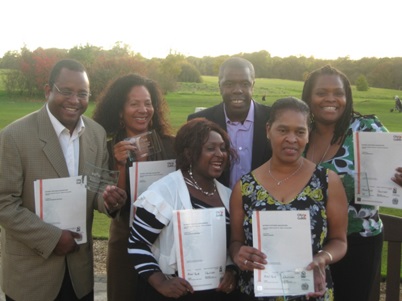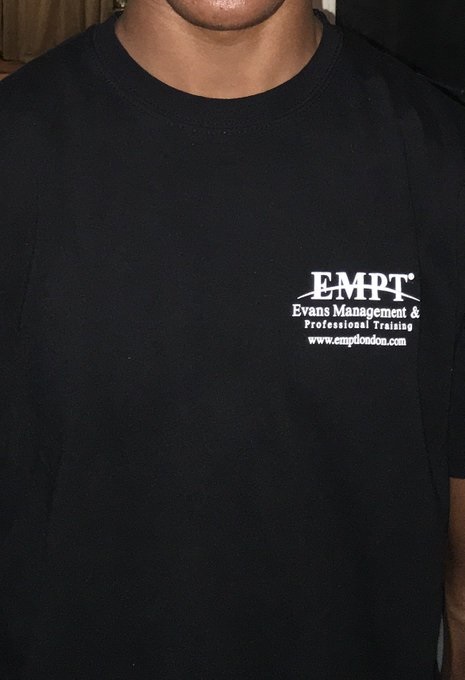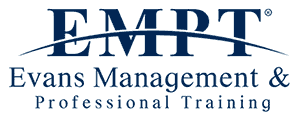Personal Development Plans

Current Fostering National Minimum Standard 20.5 requires that foster carers’ personal development plans set out how they will be supported to undertake ongoing training and development that is appropriate to their development needs and experience. These standards also (NMS 20.6) require that the reviews of each foster carer’s approval include an appraisal of performance against […]
Champion equality, diversity and inclusion

Learners who attempt to achieve the Level 5 Diploma in Leadership for Health and Social Care and Children and Young People’s Services (England) come from a range of leadership backgrounds including: Registered Managers Managers Assistant managers Deputy managers Senior care/support workers/supervisors Co-ordinators Team leaders Health and social care and children and young people’s services also […]
Introduction to Attachment Theory
Attachment theory was devised by psychiatrist and psychoanalyst John Bowlby. Within attachment theory, infant behaviour associated with attachment is primarily the seeking of (Close) proximity to an attachment figure in stressful situations; the caregiver. Attachment theory suggests that Infants become attached to adults who are sensitive and responsive in social interactions with them, and who […]
Levels of qualifications attained makes a difference
The lower a young adult’s qualifications, the more likely they are to not be in employment but wanting paid work. For example, around a 25% of all people aged 25 to 29 with no GCSEs at grade C or above were not in employment but wanted paid work in 2010. This compares to around 7% of those with […]
Training Support & Development Standards for foster care and the Social Model of Disability (5.8 a)
The social model of disability has been developed by disabled people in contrast to the medical model. The medical model is seen to give little acknowledgement or explanation about the individual personal experience of disability or contribute to promoting a more inclusive ways of living with a disability. ‘Under the medical model, these impairments or […]
